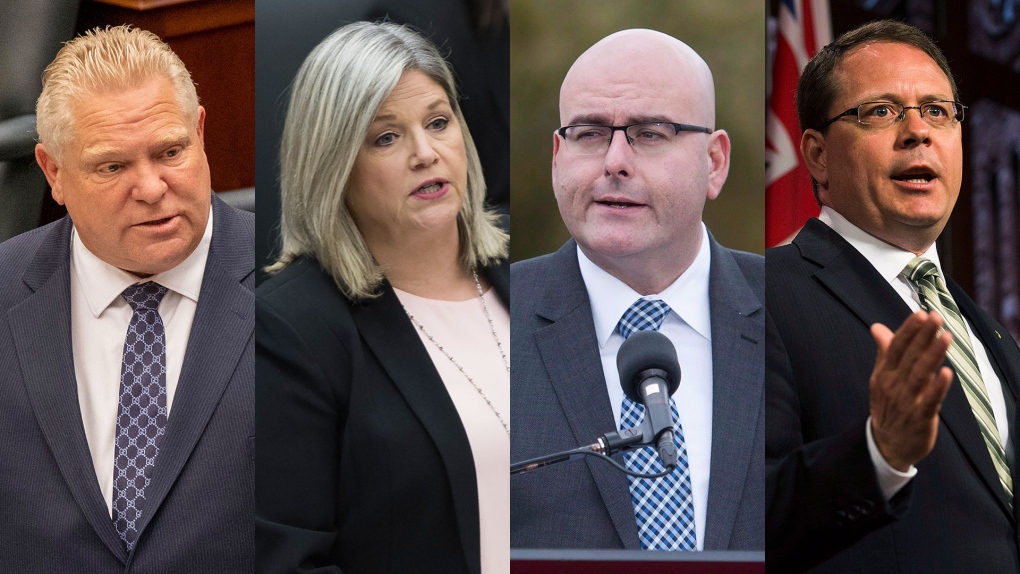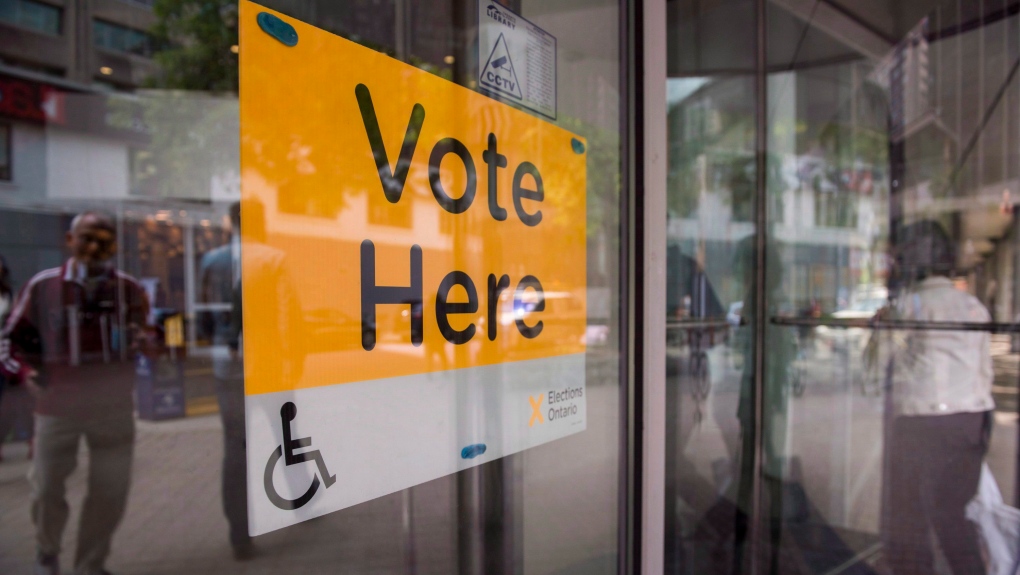
The writs have been drawn up and Ontario’s 2022 election is now officially underway.
For the next 28 days, party leaders will travel across the province making promises and meeting with constituents in an effort to secure your vote.
CTV News Toronto spoke with Wayne Petrozzi, a professor emeritus of politics from Toronto Metropolitan University, for a crash course on what goes into electing a new or incumbent premier.
Here’s everything you need to know before Ontario heads to the polls on June 2.
“The premier goes to the lieutenant governor, and requests a dissolution of provincial parliament in order to have new elections to determine the will of the people,” Petrozzi said.
Ontario’s Progressive Conservative Party Leader Doug Ford met with Lieutenant Governor Elizabeth Dowdeswell on Tuesday afternoon to make the formal request.
Chief Electoral Officer Greg Essensa has now signed all off on all the necessary paperwork and the election is underway.
“Well, formally, a number of things happen:
“Ontario currently has four political parties: The Conservative Party -- the governing party -- the New Democratic Party, the Liberal Party, and the Green Party.”

The leaders of the Progressive Conservatives, Ontario NDP, Ontario Liberals and Ontario Green Party are pictured here in a composite image. (The Canadian Press)
“The province is divided into 124 ridings. So we are a geographically-based electoral system. And for the most part, the ridings provincially mirror the ridings federally, with the exception that there are a couple of additional ridings in the north.”
Consitituents in each of those ridings will cast their vote next month and elect an incumbent or new premier to form a majority or minority government.
A party needs to win 63 seats in order to claim a majority government.
“Otherwise, the leading party is afforded an opportunity to try to secure support from another party in order to govern.”
There are 124 seats in the Ontario legislature.
Right now, the PCs have 67 seats, the NDP has 39, the Liberals have seven, and the Greens have one.
“Individuals may choose to vote in either direction,” Petrozzi said. “They need to remember though, that political parties in Ontario are very disciplined. So the fact of the matter is, if you're voting for Wayne Petrozzi the person, you are in fact empowering the leader of my party and I will do what my leader sets out for me to do.”

An Elections Ontario sign is seen at University - Rosedale voting location at the Toronto Reference Library on Thursday, June 7, 2018. THE CANADIAN PRESS/Marta Iwanek
“Actually no. We’ve had cases where a leader loses and the party wins, and in effect, the leader designates someone to act on his or her behalf in parliament to conduct parliamentary business -- but it's not a good look and it doesn't last long!”
“The opposition's duty is to oppose the government. We have a system in which the winning party takes complete control of the executive and commands the public service that's part of that executive. And so the role of the opposition is to in fact oppose, to find criticisms, to find fault, to hold the government to account for what it does,” Petrozzi said.
The party that wins the second most seats becomes the Official Opposition. Ontario’s NDP, led by leader Andrea Horwath, has held that position since 2018 when the party picked up 40 seats.
“To understand that their vote matters. There are consequences that flow from the vote that they cast. People seem to be of the mind, increasingly, that, you know, 'I'm just one person,' and, 'my vote doesn't really matter.' Voting matters. Just look at what's happening in the United States today,” Petrozzi said.